Retinol Creams Benefits
Introduction
When it comes to skincare, retinol is a superstar ingredient. Derived from vitamin A, retinol creams have become a go-to solution for many skin concerns. This comprehensive guide explores the myriad benefits of retinol creams, helping you understand why they deserve a place in your skincare routine.
What is Retinol?

Retinol, a derivative of Vitamin A, is widely recognized in the dermatological world for its multifaceted benefits. It's a type of retinoid, which works by promoting skin cell turnover and collagen production.
Benefits of Retinol Creams
1. Anti-Aging Properties
One of the most celebrated benefits of retinol is its ability to combat signs of aging. Retinol helps diminish the appearance of fine lines and wrinkles by boosting collagen production, which provides elasticity and firmness to the skin.
2. Acne Treatment
Retinol creams are also effective in treating acne. They help unclog pores, reduce breakouts, and prevent future ones by normalizing skin cell turnover.
3. Skin Tone Improvement
Regular use of retinol can lead to an even skin tone. It helps in fading dark spots and hyperpigmentation, resulting in a brighter, more uniform complexion.
4. Texture Refinement
Retinol can improve skin texture by exfoliating at a cellular level, which smoothens the skin and gives it a healthier appearance.
5. Managing Sun Damage
Retinol's restorative abilities can also reverse some of the effects of sun damage, including sunspots and leathery skin texture.
How to Use Retinol Creams

Starting Slowly: Begin with a lower concentration and gradually increase it. Apply a pea-sized amount at night after cleansing.
Sun Sensitivity: Retinol can make your skin more sensitive to sunlight. Always use a broad-spectrum SPF during the day.
Combining with Other Products: Be cautious when combining retinol with other skincare products. Avoid using it with vitamin C, benzoyl peroxide, and certain acids to prevent skin irritation.
Choosing the Right Retinol Cream
Skin Type Consideration: Choose a retinol cream that suits your skin type—oily, dry, combination, or sensitive.
Concentration: Retinol creams come in various concentrations. It's advisable to start with a lower strength, especially if you have sensitive skin.
Packaging: Opt for packaging that minimizes exposure to light and air to maintain the potency of retinol.
FAQs
Q: Can retinol be used every day?
A: Start with using retinol 2-3 times a week and gradually increase to daily use as your skin builds tolerance.
Q: Is retinol safe for all skin types?
A: Yes, but individuals with sensitive skin should start with a lower concentration.
Q: Can I use retinol during the day?
A: It's best used at night as it can increase sun sensitivity. Always apply sunscreen during the day when using retinol.
Q: How long does it take to see results from retinol?
A: It may take several weeks to several months to notice significant changes.
Q: Can pregnant or breastfeeding women use retinol?
A: Retinol is generally not recommended during pregnancy or breastfeeding. Consult with a healthcare provider for alternatives.
Conclusion
Retinol creams are a powerful tool in the skincare arsenal. Whether you're dealing with acne, signs of aging, or uneven skin tone, retinol can offer significant improvements. Remember to use it correctly and patiently for the best results. As with any skincare product, it's crucial to listen to your skin and consult with a dermatologist if you have any concerns or questions.


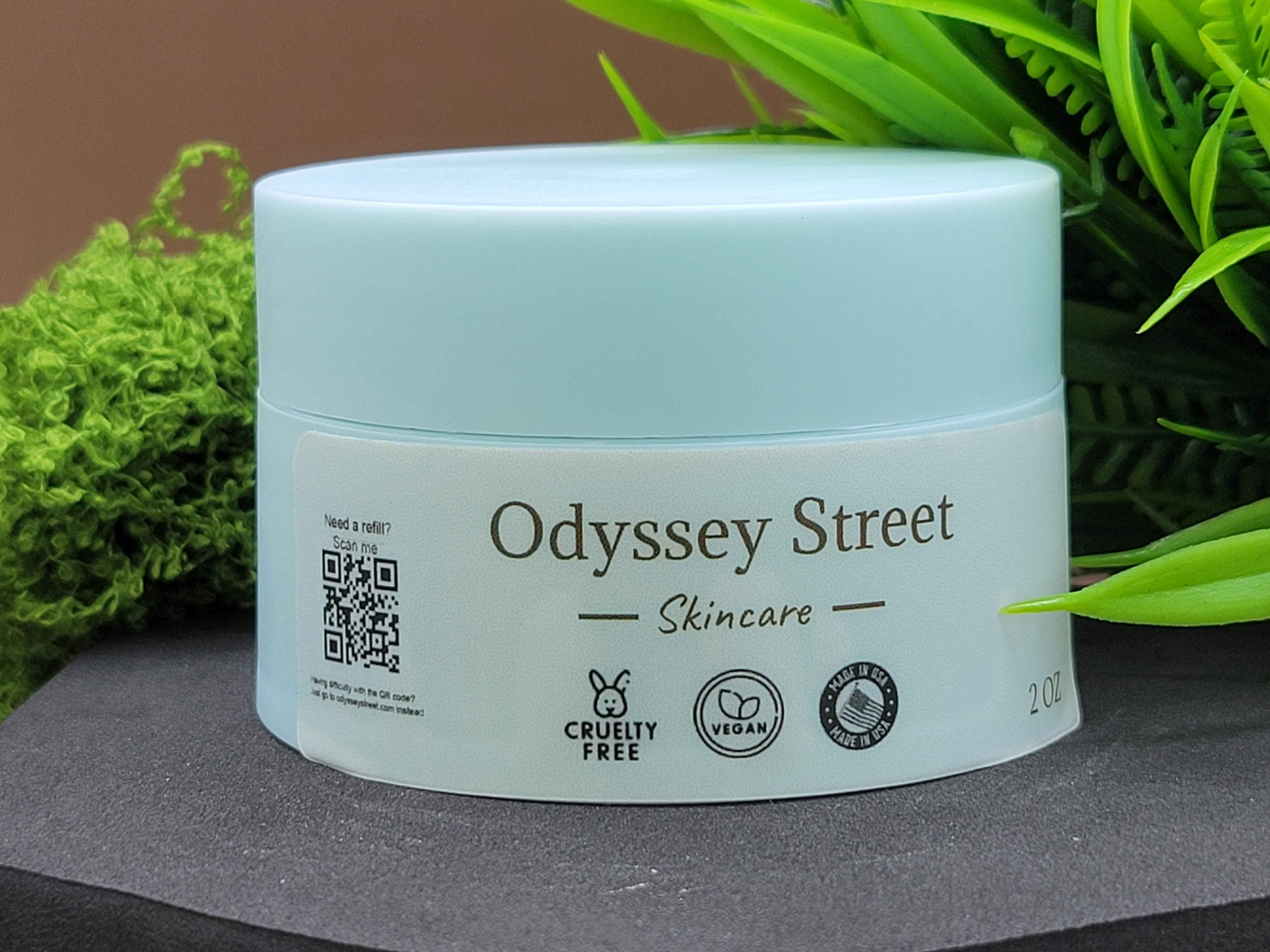
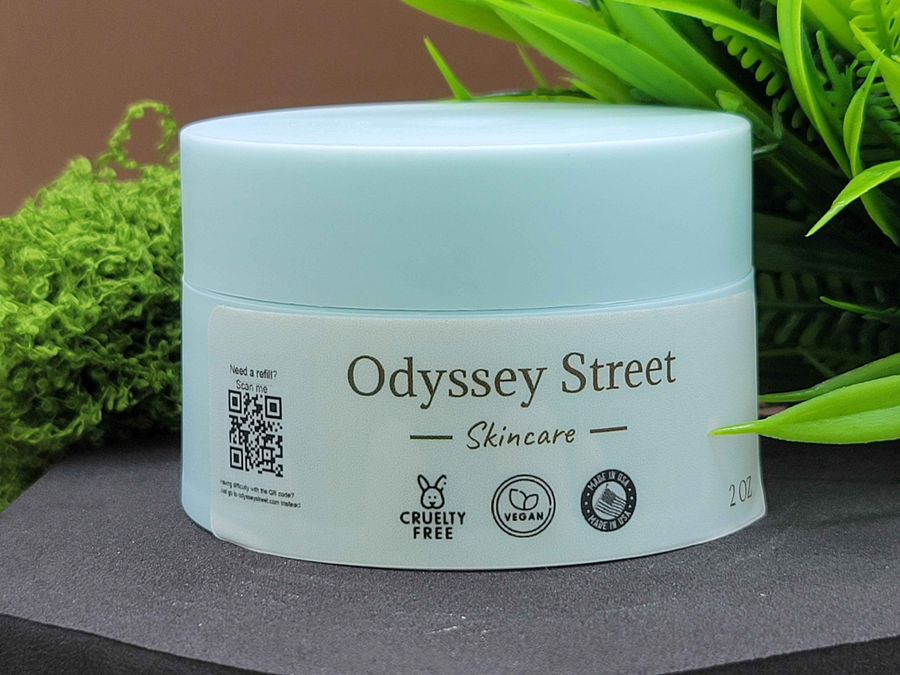
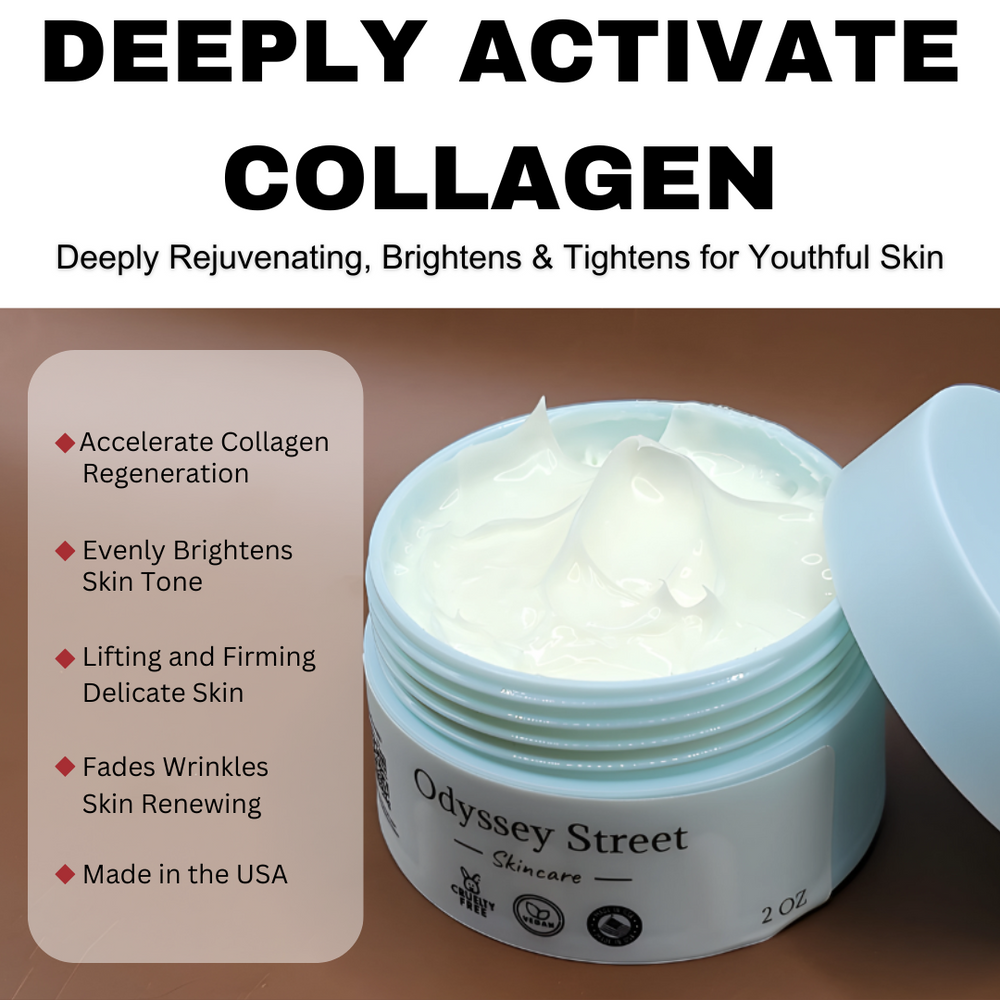




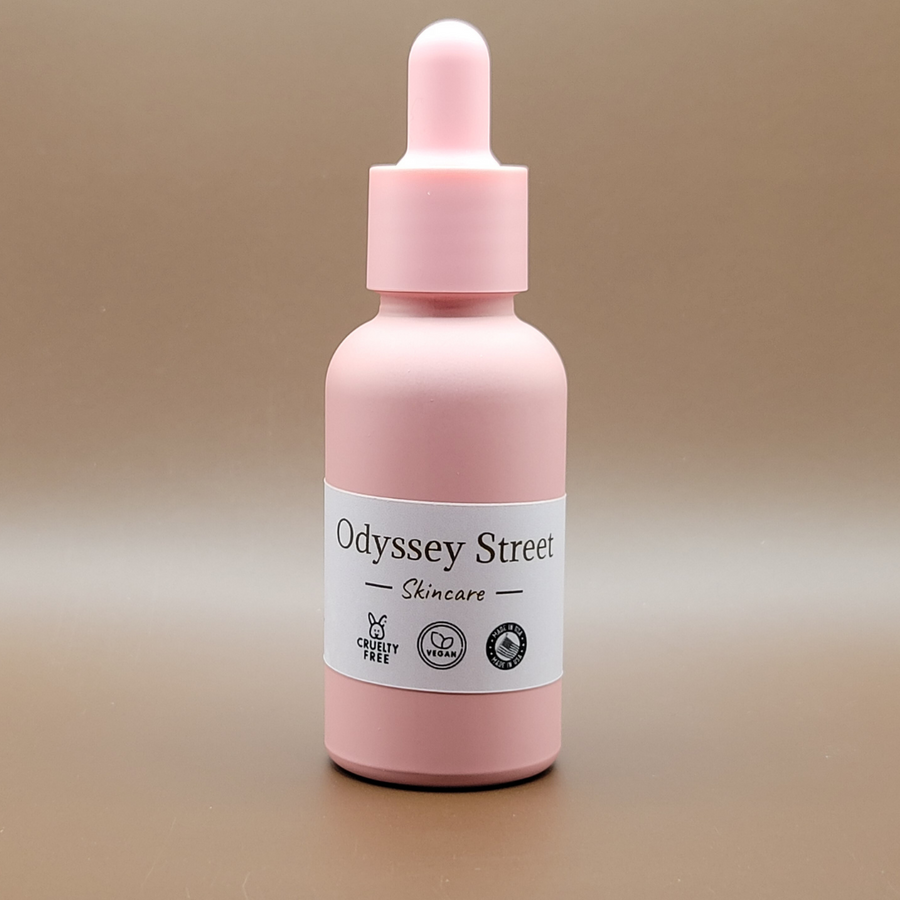
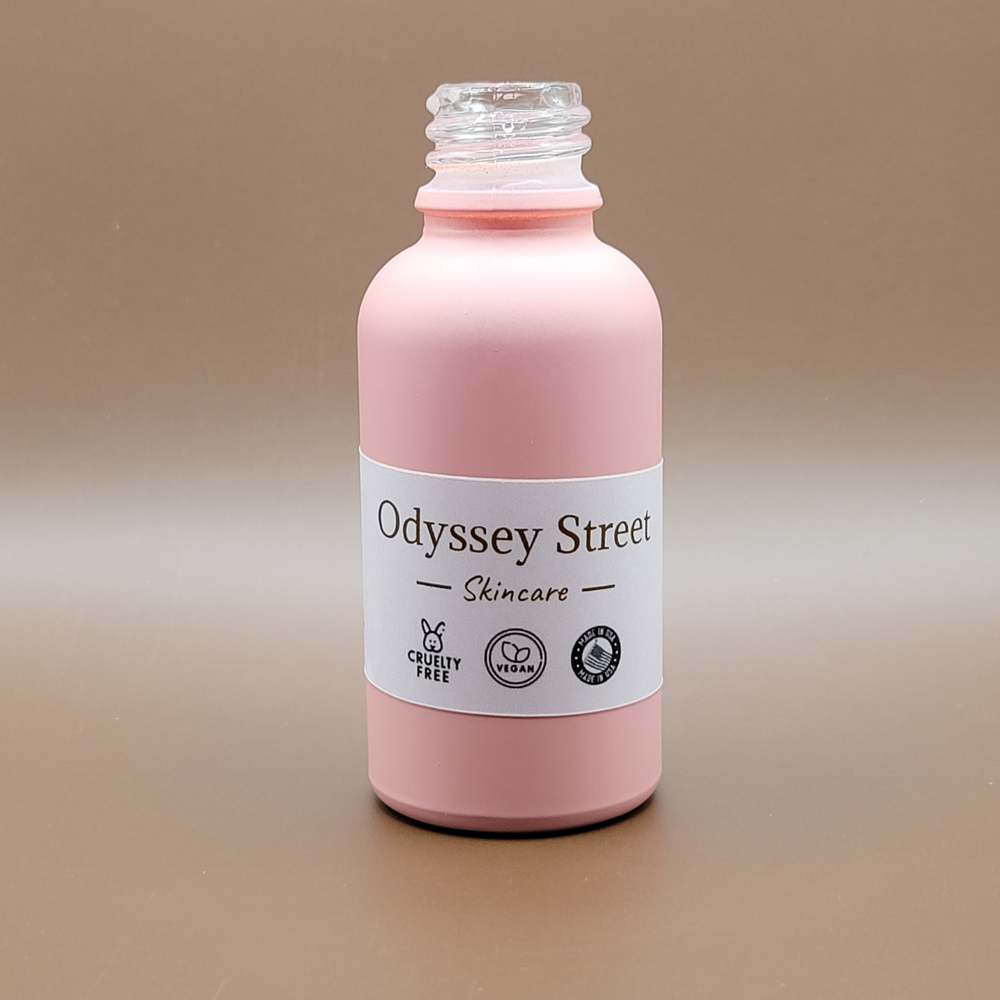
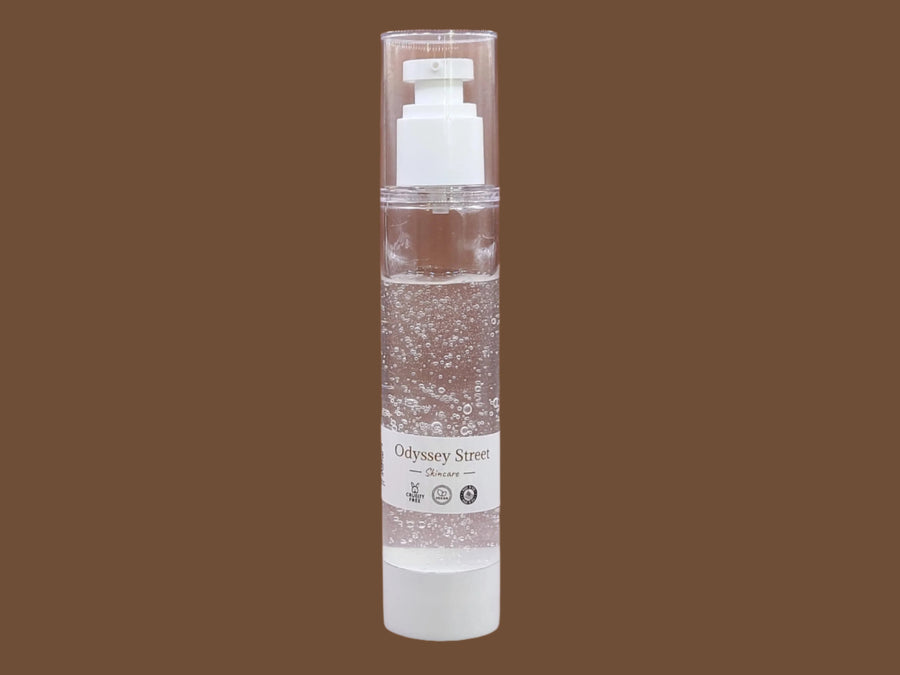
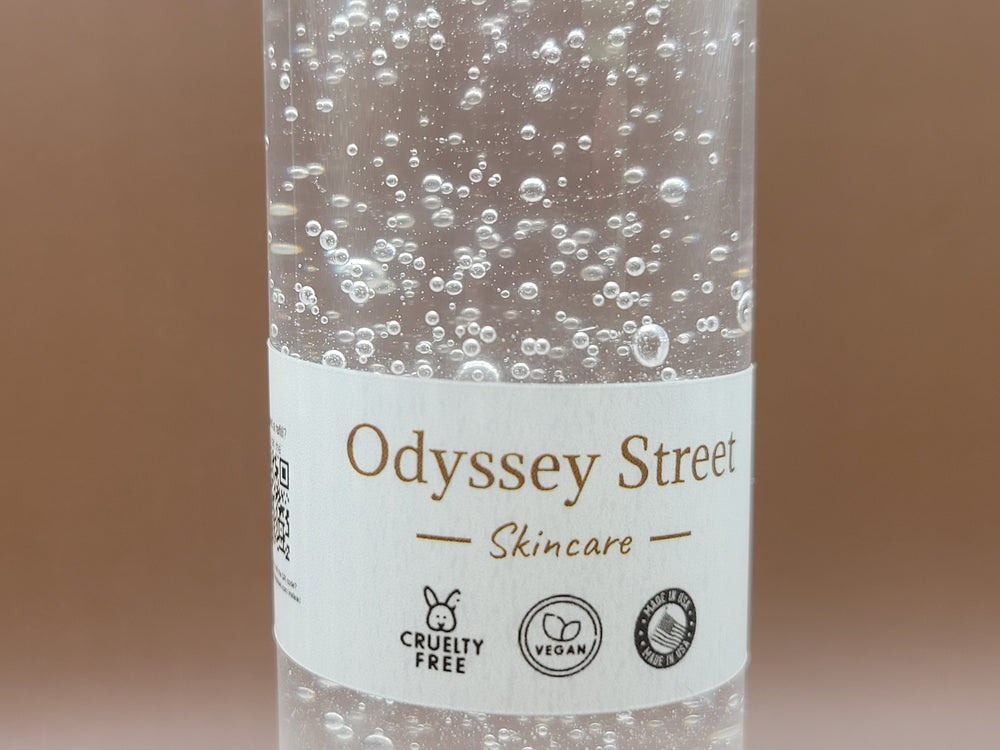
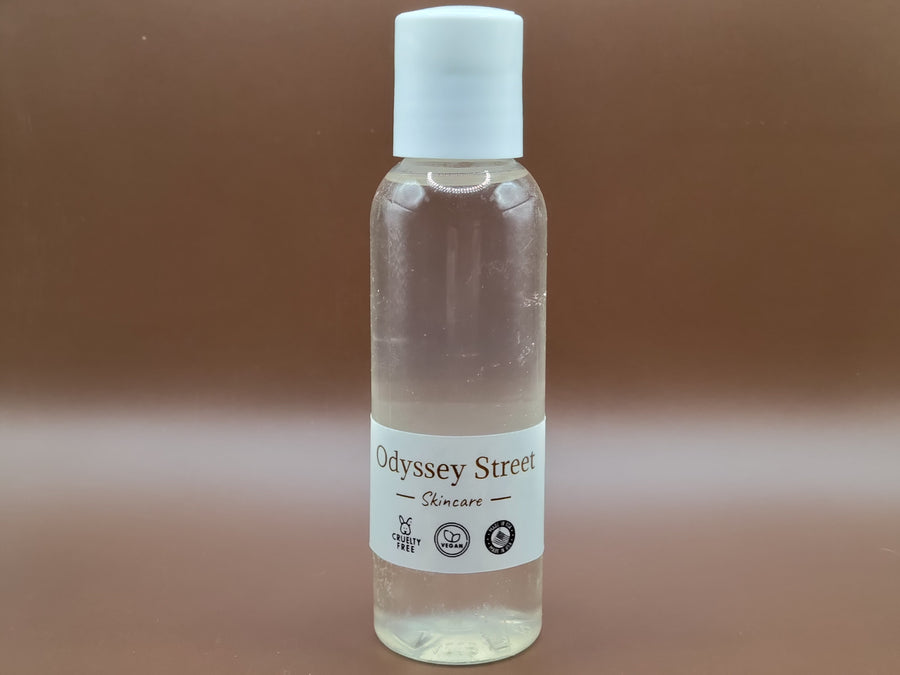
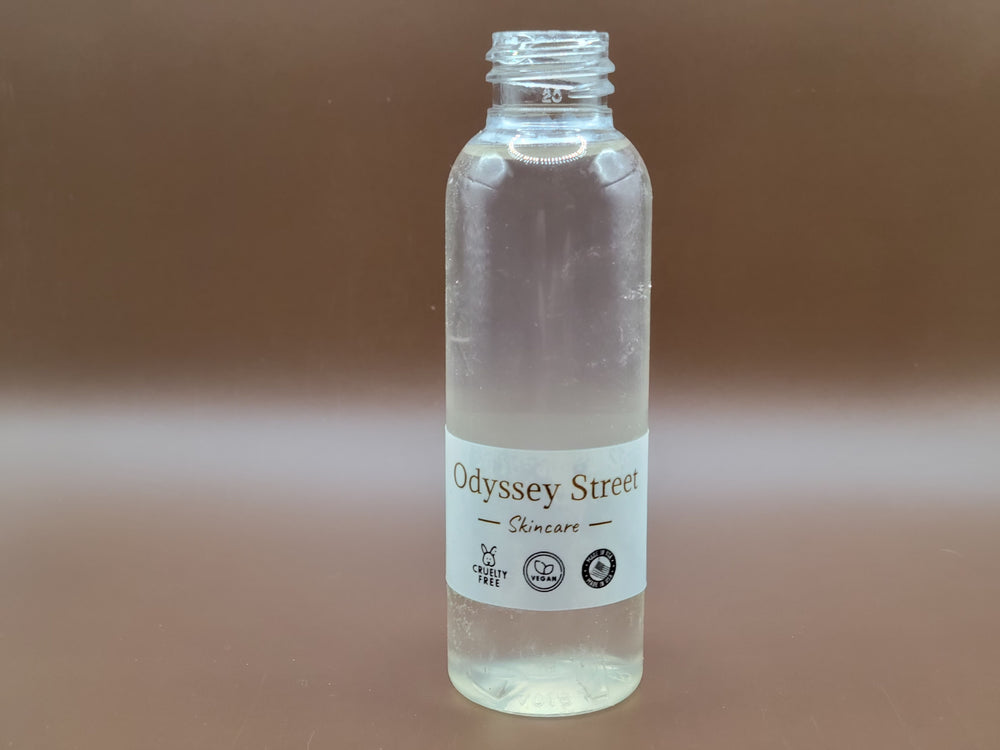
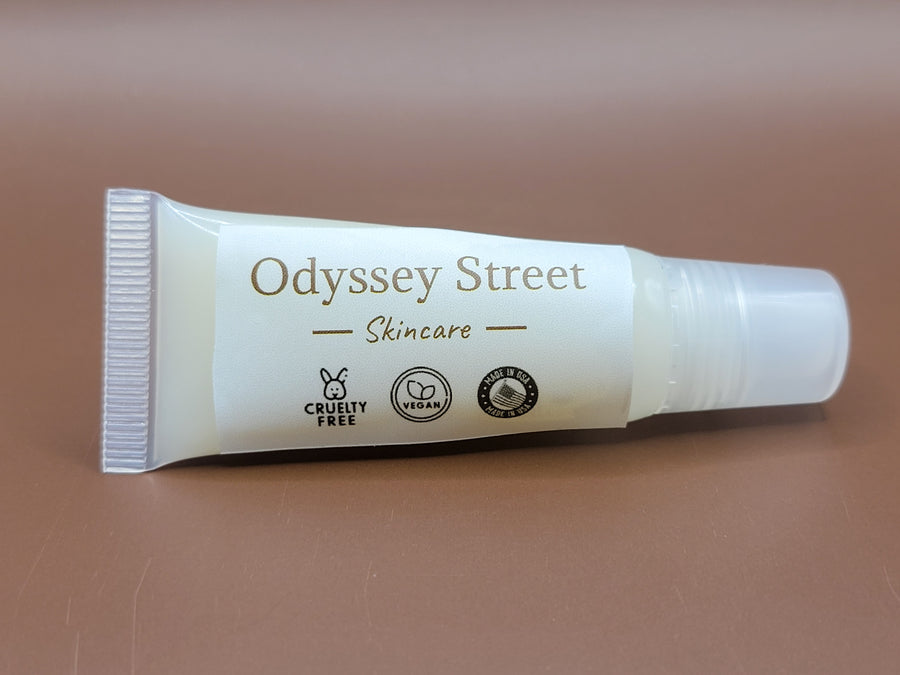
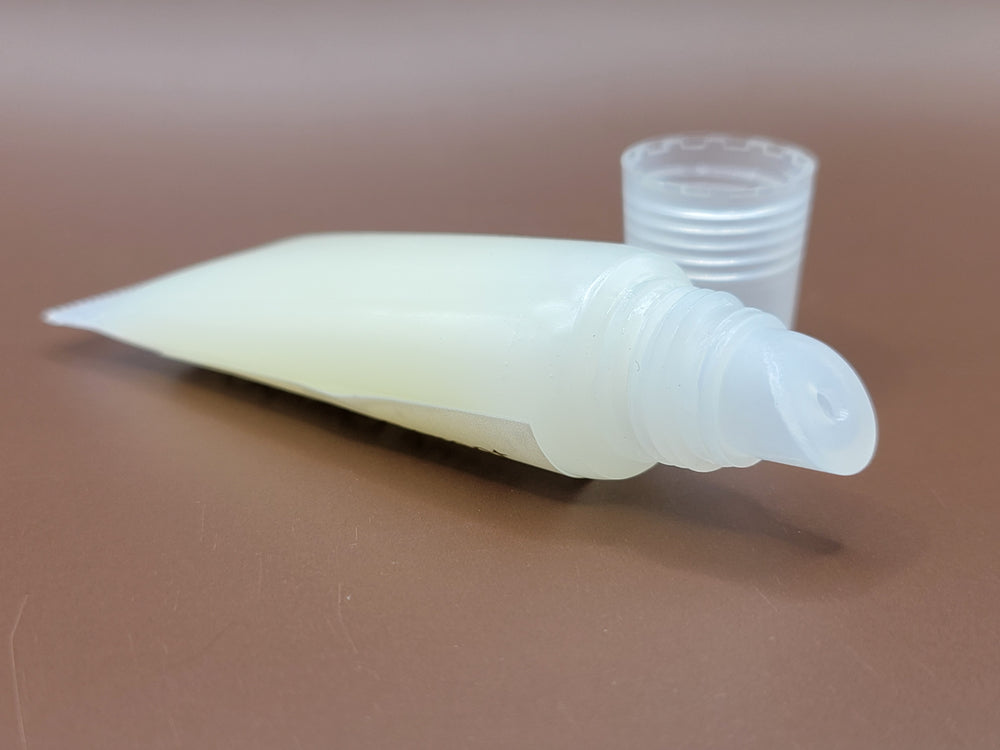
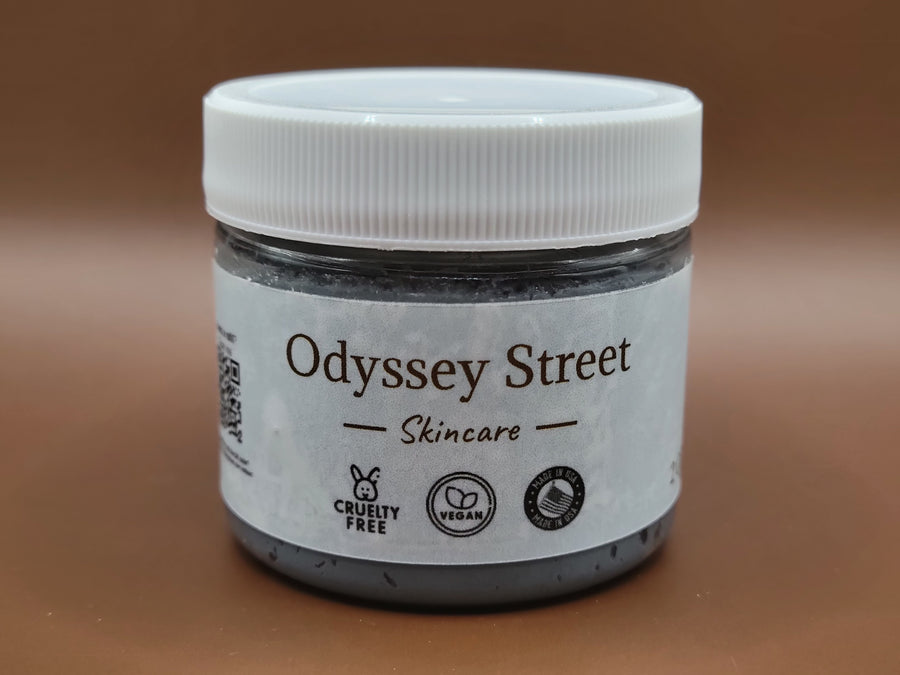
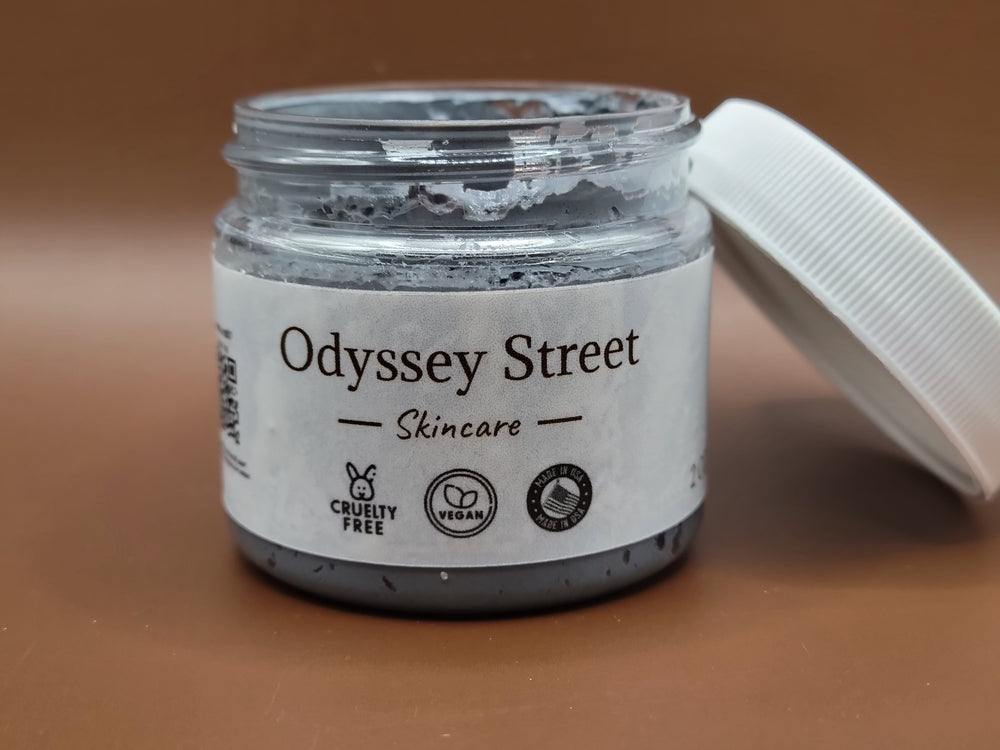
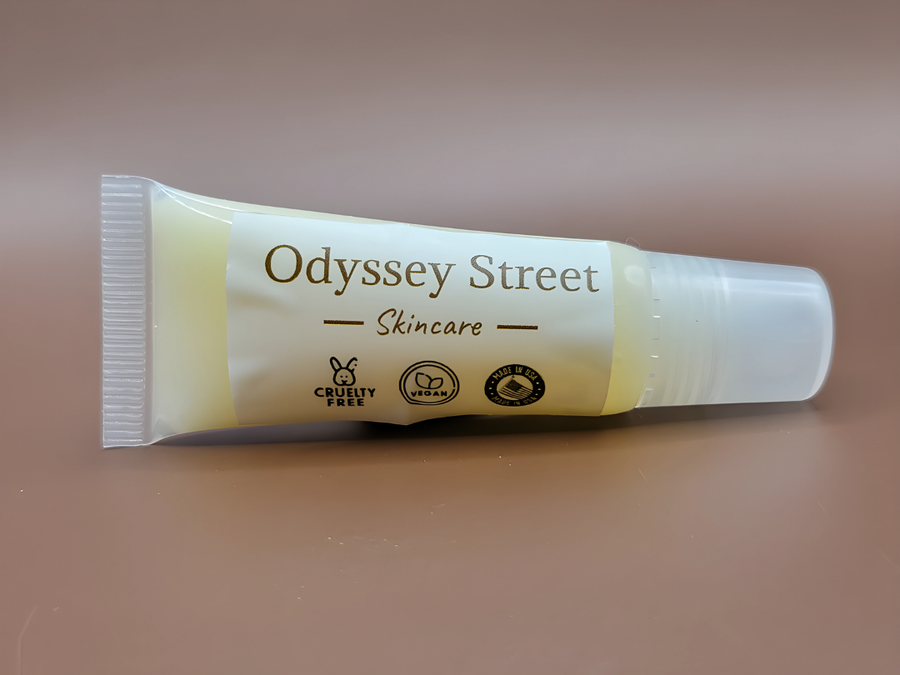
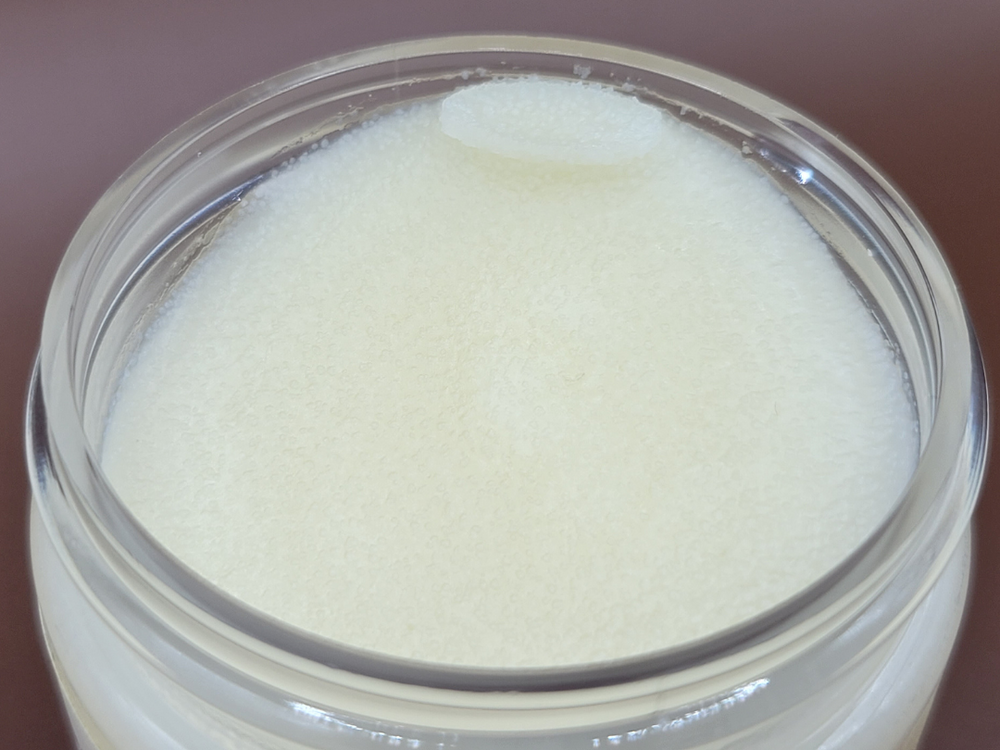
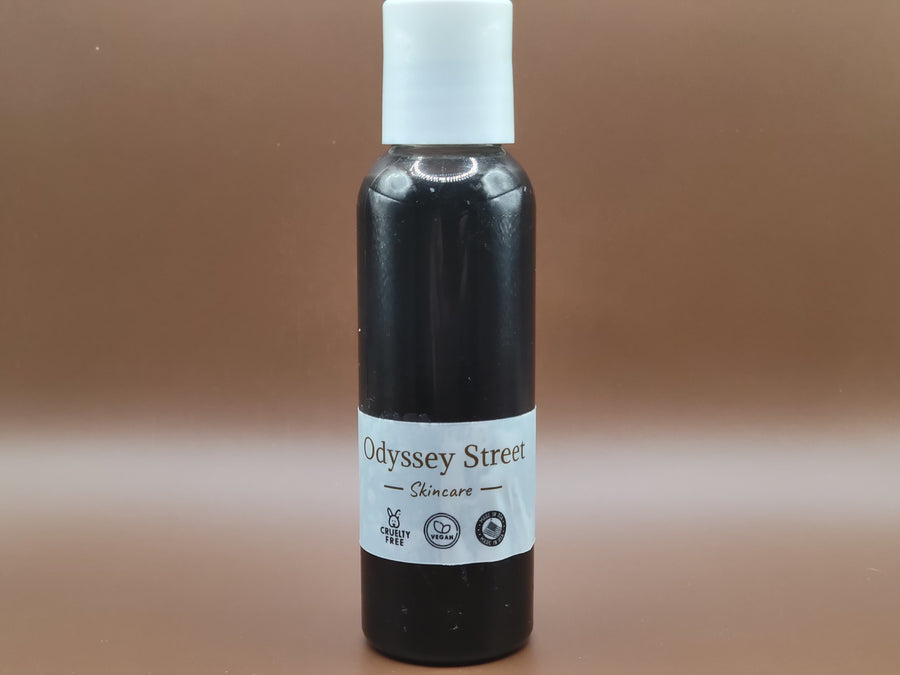
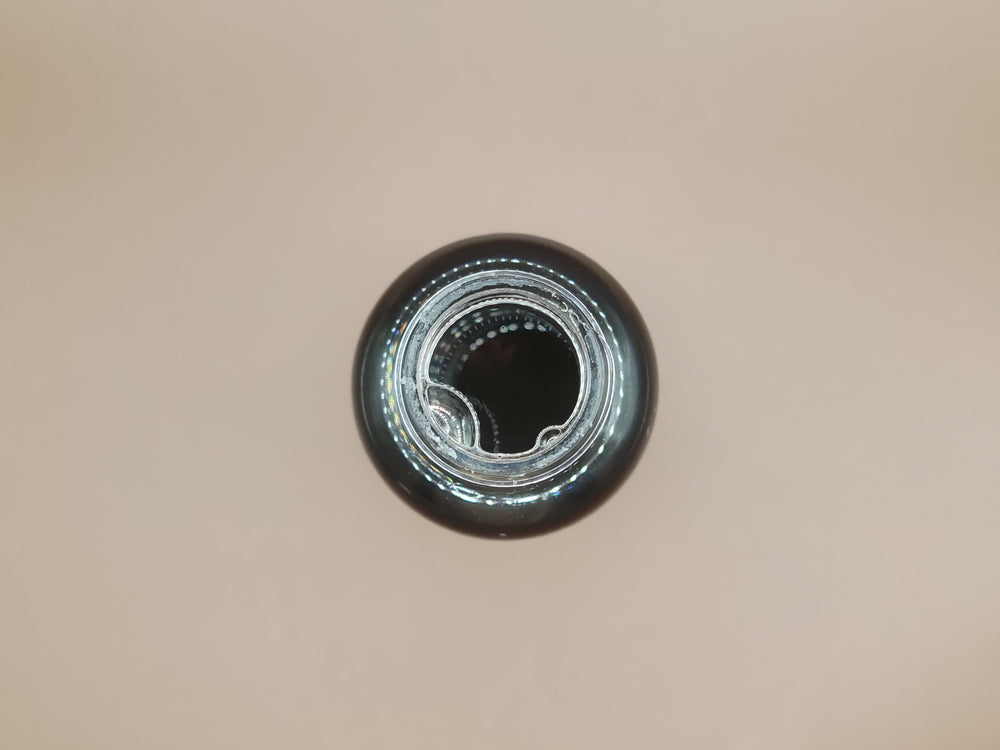
Leave a comment